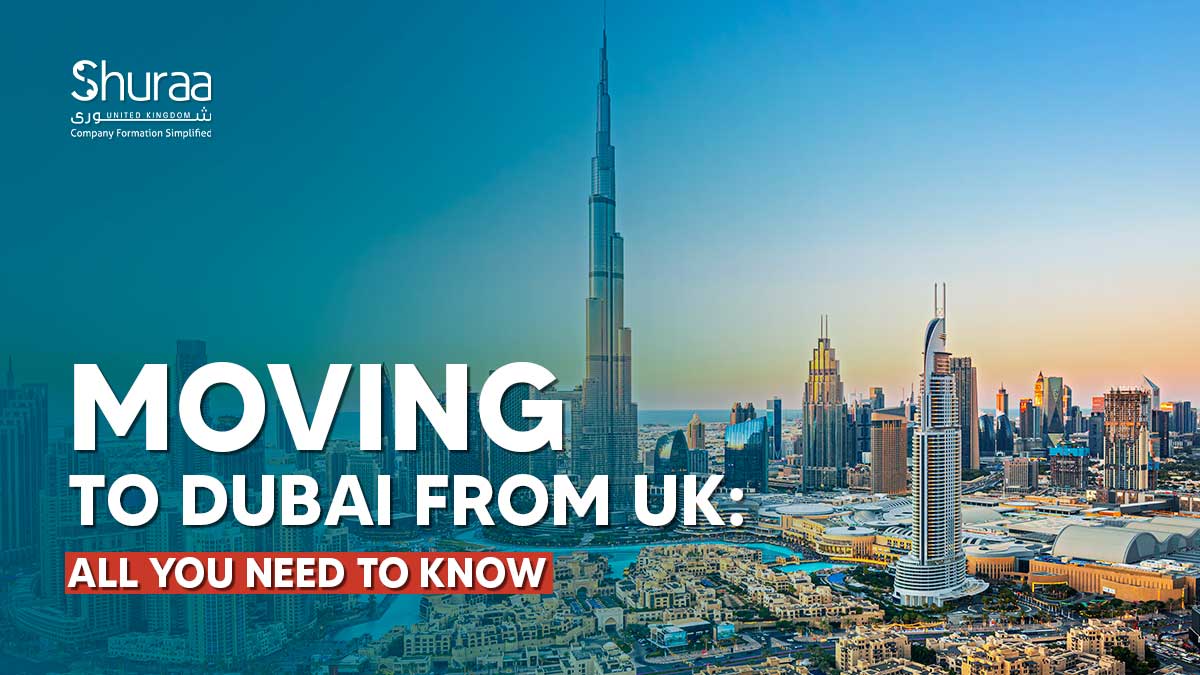Moving to Dubai From the UK
Moving to Dubai from the UK can be an exciting and life-changing decision. With its luxurious lifestyle, tax-free income, and endless opportunities, Dubai has become a popular destination for UK residents looking to make a fresh start. Whether you’re moving for employment, to start a business, or to invest in the booming real estate market, […]



